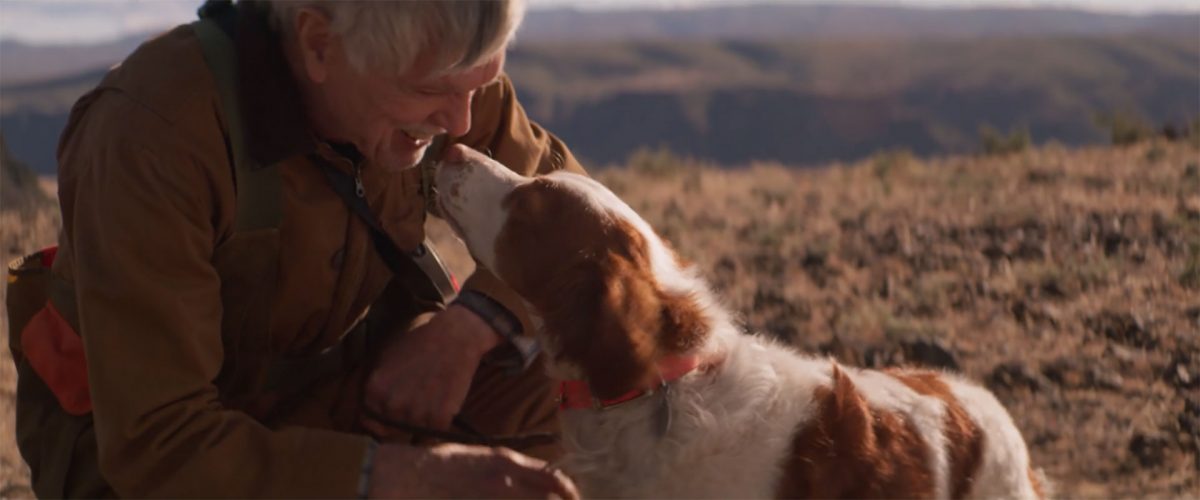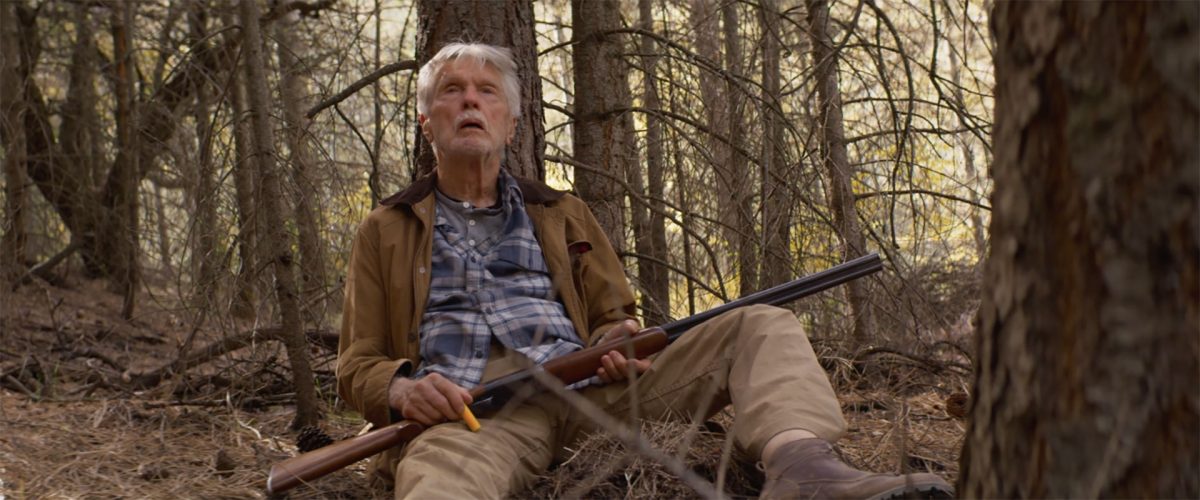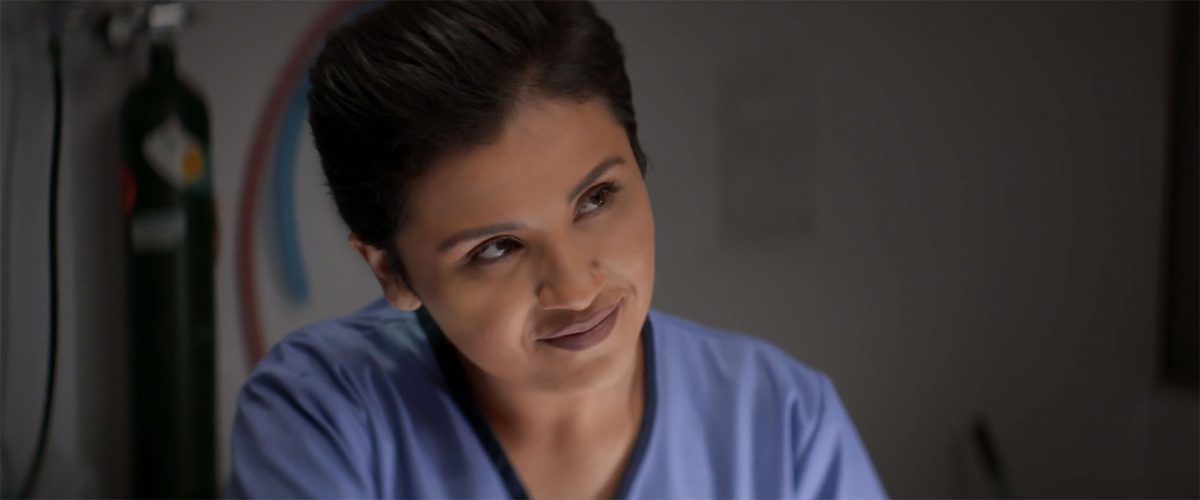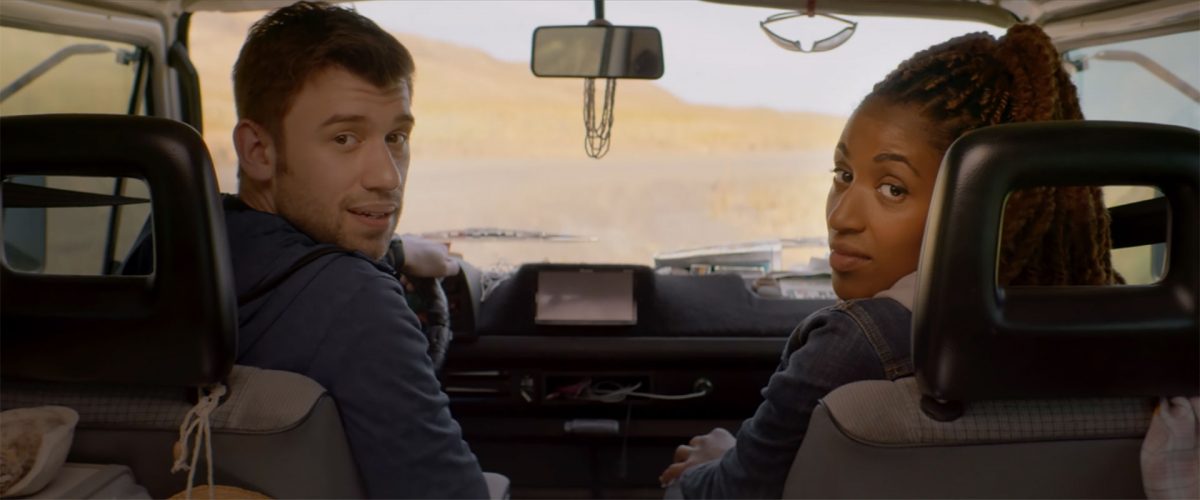
Fiscal Sponsee Highlight: SJ Chiro’s East of the Mountains
Filmed in Eastern Washington and featuring a primarily local crew, SJ Chiro’s East of the Mountains premiered recently at Seattle International Film Festival and is one of SJ Chiro’s many projects which has been fiscally sponsored by NWFF. We spoke with her about the film’s inspiration, getting it out into the world, and what’s next.
What role does / did fiscal sponsorship through Northwest Film Forum (NWFF) play in this project for you?
Northwest Film Forum plays an enormous role in fiscal sponsorship for Washington filmmakers. NWFF was also the fiscal sponsor for my previous feature film, Lane 1974, as well as several of my short films. Fiscal sponsorship allows donors to take an immediate tax write off. This is absolutely crucial to most funding strategies, and ours was no exception. NWFF takes a small percentage, which helps keep the great programs running, so it’s a win/win. Besides that, the staff at NWFF is second to none. I have a (purely professional) crush on Chris Day, who manages the fiscal sponsorship, because no matter how busy he is, he will answer questions and solve problems with a smile. His vibe is always so calm and friendly and empathetic. When you’re in the midst of making a film, this kind of support is crucial.
You just premiered your film at Seattle International Film Festival (SIFF) and it got it’s fair share of deserved attention. Congratulations! How does it feel to finally launch your film into the world, and with a local festival?
SIFF was the right place to launch this film. It is built from pure Washington State. It’s based on the book by David Guterson, Washington born and raised (and still living on Bainbridge). It stars Tom Skerritt, a long time Seattlite and advocate of the Seattle film scene. Jane Charles, the producer, has long made this state her home; I’ve lived here 32 years. Out of the entire cast and crew, I think only three people were not from Washington. The film is largely about the terrain of Washington State, and the spirit of Washington State. It felt so good to premiere here because Washingtonians recognized the vibe and the response to the film was overwhelmingly positive. But what’s interesting about SIFF being online this year is that everyone around the country could participate. So while we felt the warm embrace of our home state, we got amazing feedback from around the country as well. I’m so happy to finally have this film out into the world. 2020 was a very painful, difficult year for film. Finally sharing the film feels like much needed fresh air.

What drew you to adapting or telling this particular story?
Jane Charles sent the script to me and asked if I would be interested in directing. There was something pulling me to the story of a man in his 80s distancing himself from a daughter in her 50s. As he felt his body growing weaker, his instinct was to withdraw and handle his health on his own, much to her distress. It wasn’t until we were deep into pre-production that I realized what was right in front of me: my own father’s health and his reticence to share any of his decline with me. Without realizing it, I was embarking on a journey toward the empathy I would need for my dad. I had to travel to California on our days off to be with my dad. The last time I saw him I told him I only had four more days to shoot, and I would be right back to see him again. Death is such an eternal mystery, like love. This was an internal mystery I was pulled into and needed to investigate.
This story is about a man who is contemplating last stages of his life — and I know that you were going through the passing of your father during the same time. How, if at all, did the process of filmmaking help you understand your own interpersonal relationships or grief?
I’m not great at grief. I tend to freeze. The experience of making this film, with so many other people, kept my nose to the grindstone. I was able to process thoughts and feelings while technically working on the film. The last time I saw my dad, unbeknownst to me, Jane was asking another director if she would be on standby to shoot out the last four days if I didn’t come back. When she told me this I was shocked. Why on earth wouldn’t I finish shooting this film? It took me so long to realize: It’s because your dad was dying. I was still in denial when I left him that last time. Grief has been a long, slow process for me. Strangey, one month to the day after my father’s death, my husband’s young cousin (Seattle filmmaker Charles Mudede’s brother) suddenly died of a cancer he hadn’t known about. This rocked the family. 2020 then brought a succession of deaths in my world, including my aunt, my uncle, a dear friend of 30 years and, of course, Lynn Shelton’s sudden and shocking death. I have often wondered how I would have handled these deaths had I not spent so much time in Ben Givens’ interior landscape.

You worked with primarily a local crew and it was obviously filmed in Eastern Washington. What are your thoughts about our local film community and the importance of making work locally?
I can’t say enough about our Washington State crew talent. This was my first union shoot, so there were many more people on the set than I was used to, but everyone knew what their job was and worked hard to get it done. I loved the professionalism, focus and camaraderie of this crew. The love that surrounded me when I lost my dad was profound. Washington crews get that women belong on a film set. We had a lot of women on our set. We shot in 2019 and I still miss that crew!
Shooting in Washington State is important. The intense beauty and depth of this state should be explored on film and with Washington crews. People are exhausted by seeing everything shot in LA and NYC. Now that films are more mobile my prediction is that we will see a lot more films being shot regionally. I hope this includes Washington. The crews of Washington are so dedicated to this state and making a home here. It’s not always easy. They need to feel supported, and bringing more work to be shot in Washington State is the best way to show that support.
What’s next for East of the Mountains — and for you as a filmmaker?
East of the Mountains kicked off its festival run at SIFF, so that will continue. Meanwhile we are in negotiations for distribution and will hopefully have something to announce soon. I can’t wait for many more people to be moved by Tom Skerritt’s incredible performance, and the beautiful work of the entire cast.
East of the Mountains was a crucible for me. I am changed because of it, and I’m ready to work again. I have several projects in the works and I’m excited to get busy!
